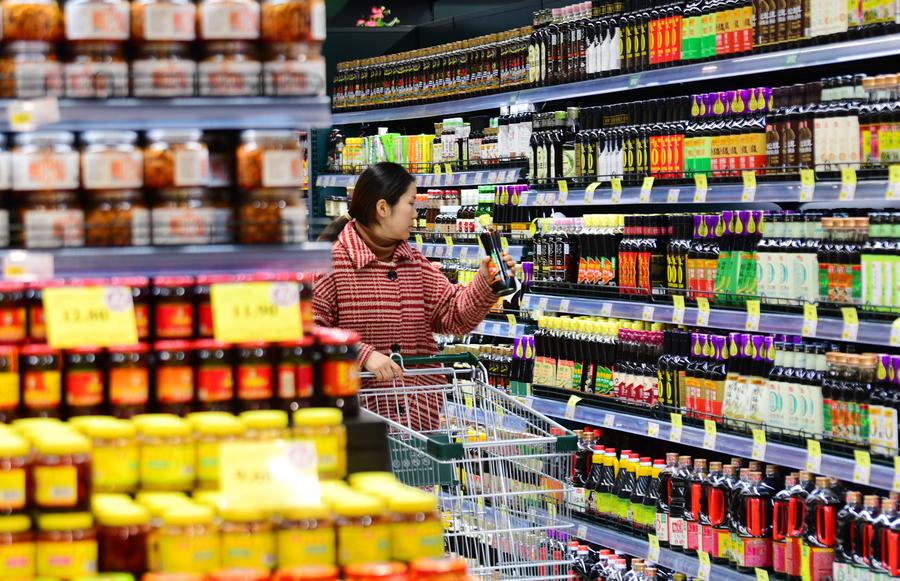
China is moving to further curb disorderly price competition, as authorities seek to restore healthy market order, protect fair competition, and bolster the country's transition toward high-quality development, said officials and experts.
In a joint notice released on Thursday, the National Development and Reform Commission and the State Administration for Market Regulation stressed that China "supports fair, open, and lawful market competition".
They called on businesses to set prices independently in accordance with the price law, based on production costs and market supply and demand, while maintaining honesty and fairness to jointly create a fair and orderly competitive market environment.
The notice outlines a mix of guidance and strengthened supervision, including evaluating average industry costs, issuing warnings to firms suspected of engaging in unfair pricing practices, and stepping up law enforcement against violations.
Noting that disorderly competition among certain industries will harm innovation, product quality, and the healthy development of the economy, the NDRC said in a statement on Thursday that the government is implementing measures to resolve structural imbalances, eliminate outdated capacity, and expand middle-to-high-end supply, alongside efforts to coordinate price and industrial policies to effectively curb disorderly price competition.
ALSO READ: China's pricing law overhaul to ensure fair competition
Han Wei, associate professor at the School of Law at the University of Chinese Academy of Social Sciences, said that regulating enterprise pricing behavior and tackling cutthroat price wars "is of great significance for maintaining sound market order", in line with the central government's call to curb rat-race competition.
"Prolonged low-price disorderly competition not only distorts market mechanisms and damages fair competition, but can also lead to false advertising and quality problems, hindering innovation and high-quality development," he said.
In July, China unveiled the draft of an amendment to its price law in order to seek public opinions. It consists of 10 articles with a key focus on improving regulations related to government pricing, further clarifying the criteria for identifying unfair pricing behavior, and strengthening legal accountability for price-related violations.
Han noted that the draft amendment, together with the Anti-Monopoly Law and the Anti-Unfair Competition Law, will form a comprehensive regulatory system to better tackle rat-race competition.
READ MORE: China solicits public opinions on price-related acts of platform economy
Experts said the ongoing efforts send a clear message that China is committed to building a high-level socialist market economy system where the market plays a decisive role in resource allocation while the government ensures fair competition, as the country adapts to evolving market dynamics and increasing international uncertainty.
"In industries with excessive supply of homogeneous products, some firms seek to expand market share by squeezing supplier margins or delaying payments to smaller partners," said Guo Liyan, deputy director of the Chinese Academy of Macroeconomic Research's Economic Research Institute.
"Such 'price-for-volume' behavior undermines industrial cooperation and market fairness," Guo said. "Strengthening regulation in these areas will help prevent the abuse of market dominance and restore a fair competitive order."
She noted that tackling rat-race competition is key to stabilizing corporate profits and employment, adding that a stronger framework for price governance will enhance the appeal of China's unified national market and support high-quality growth.
Guo's views were echoed by Chen Deqiu, vice-president of the University of International Business and Economics, who said that rat-race competition is essentially low-level, repetitive expansion, a vicious cycle fueled by insufficient innovation.
ALSO READ: Price wars eroding auto industry profits
Improving price monitoring and product pricing mechanisms, and cracking down on illegal and irregular activities such as selling below cost and false marketing are equally important, he said.
"To break free from this predicament, we need to establish anti-monopoly enforcement as a baseline and implement targeted industrial policies to guide the market away from low-price, cost-based competition toward value-driven competition. This should be a key focus of our reforms."


